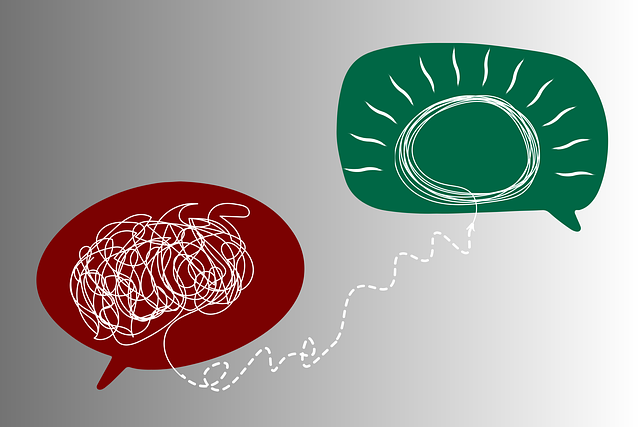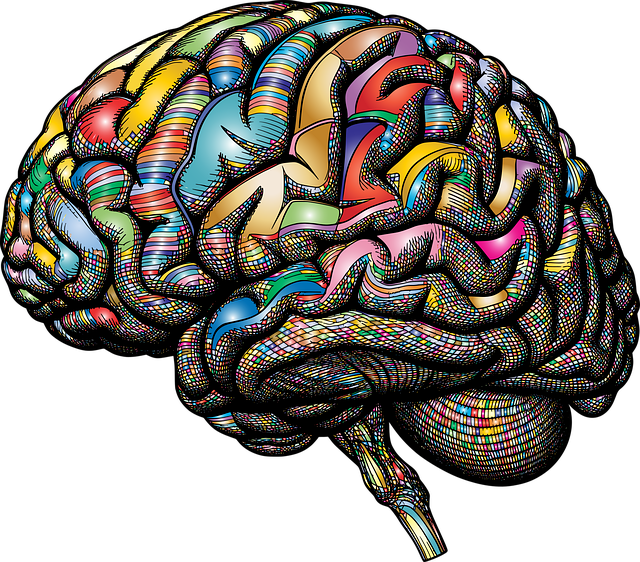In the digital age, Superior Gender Identity Therapy (SGIT) is revolutionizing mental health app development to cater to transgender and non-binary individuals. These apps offer personalized therapy, stress reduction tools, and emotional support through secure platforms, ensuring anonymity and accessibility. Key features include customizable profiles, mood tracking, educational resources, mindfulness exercises, local support group listings, and a podcast series. With ethical considerations paramount, developers must prioritize data security, transparency, and inclusive content to build user trust and provide effective online therapy through robust risk management planning.
In today’s digital age, mental wellness apps offer crucial support for individuals navigating complex issues like gender identity. As understanding of these identities evolves, so too must app development, focusing on inclusive and effective tools. This article explores key aspects of creating a superior gender identity therapy app, delving into understanding diverse needs, essential app features, and ethical considerations to ensure privacy and promote positive mental health outcomes.
- Understanding Mental Health and Gender Identity Needs in the Digital Age
- Key Features for a Superior Gender Identity Therapy App
- Ethical Considerations and Privacy in Mental Wellness App Development
Understanding Mental Health and Gender Identity Needs in the Digital Age

In today’s digital age, mental wellness app development has become a pivotal aspect of addressing diverse user needs, particularly when it comes to understanding and catering to the unique challenges associated with gender identity. Superior Gender Identity Therapy (SGIT) is revolutionizing access to specialized care, ensuring individuals can receive tailored support through innovative digital solutions. These apps are designed to not only facilitate therapy sessions but also offer a range of stress reduction methods and emotional well-being promotion techniques tailored to the specific needs of transgender and non-binary users.
By integrating SGIT into the digital landscape, trauma support services become more accessible and inclusive. Users can now connect with therapists who specialize in gender identity issues, receive guidance on navigating social transitions, and access resources for managing mental health challenges that often accompany these journeys. This shift towards digital solutions not only extends reach but also promotes anonymity, encouraging users to prioritize their emotional well-being without societal barriers.
Key Features for a Superior Gender Identity Therapy App

A superior Gender Identity Therapy app should prioritize features that foster a safe and inclusive environment for users navigating their identity. This includes personalized profiles allowing individuals to express their preferred pronouns, names, and gender presentation, alongside an interface that respects privacy and confidentiality. Integrated tools such as mood tracking, self-reflection prompts, and access to educational resources can empower users in their journey.
Beyond individual therapy, the app should facilitate connection through secure messaging or forum features, enabling users to build communities and share experiences. Incorporating a burnout prevention component through mindfulness exercises or stress management techniques can also be beneficial. Additionally, considering a Community Outreach Program Implementation within the app can expand its impact by providing local support groups or resources for offline interaction. Even producing a Mental Wellness Podcast Series on gender identity topics could enrich user engagement and accessibility to information.
Ethical Considerations and Privacy in Mental Wellness App Development

In developing mental wellness apps, ethical considerations and privacy are paramount. These applications often deal with sensitive personal information, including detailed accounts of users’ emotional states and therapeutic progress. Developers must prioritize data security to protect against breaches that could lead to identity theft or stigmatization. This involves employing robust encryption methods, secure storage solutions, and transparent data-sharing practices to ensure user trust.
Furthermore, mental wellness apps should uphold the highest standards of ethical conduct, especially when incorporating features related to Superior Gender Identity Therapy or Social Skills Training. Developers must be mindful of potential biases in algorithms and design inclusive content that respects diverse identities and experiences. Integrating Risk Management Planning for Mental Health Professionals is also crucial to mitigate risks associated with online therapy, ensuring safe and effective mental wellness coaching programs development.
In developing mental wellness apps, especially those catering to the unique needs of individuals with diverse gender identities, it’s crucial to strike a balance between digital innovation and ethical responsibility. By incorporating key features such as personalized content, secure data privacy measures, and inclusive language, developers can create a Superior Gender Identity Therapy app that supports users in navigating their mental health journeys. Recognizing the evolving landscape of digital mental health, adhering to strict privacy standards, and fostering an environment of trust are essential steps towards revolutionizing access to care for all.









